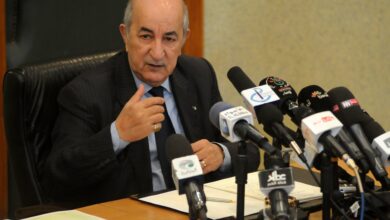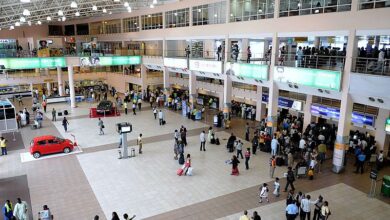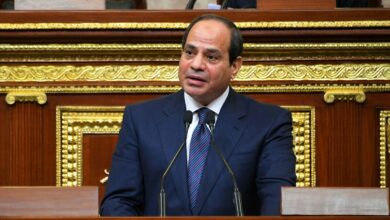World
Sudan Military, Opposition Alliance Forms 11 Member Sovereign Council

Sudan’s military leaders and opposition alliance on Tuesday formed an 11-member sovereign council that will govern the country for three years, with elections to follow, reported BBC. A power-sharing agreement signed on Saturday paves the way for a transitional government and elections.
The transition council is made up of six civilian representatives and five military officers and will initially be led by Lt-Gen Abdel Fattah Abdelrahman Burhan. Burhan headed the Transition Military Council following the overthrow of President Omar al-Bashir in April following months of widespread demonstrations against his three-decade-long authoritarian rule.
The protests initially erupted in December last year over dire economic conditions but shortly turned to calls for al-Bashir’s removal. The protesters continued with the protests even after Al-Bashir’s toppling, fearing the military could cling to power, and demanded a swift transition to a civilian government.
The sovereign council will get a civilian head appointed by the protest movement for the remaining 18 months.
A spokesman for the Transitional Military Council (TMC) announced the names of the members of the joint body in a televised address late on Tuesday.
General Mohammed Hamadan Dagalo, Yasser Atta, Ibrahim Gaber, and Shams al-Din Kabashi have been appointed to the council. The five council members selected by the opposition alliance are Hassan Mohamed Idris, Al-Siddiq Tawer Kafi, Ayesha Musa Saeed, Mohamed Osman Hassan al-Taayeshi and Raja Nicola Issa Abdul-Masseh.
Both the military and the opposition have agreed on the appointment of a Coptic Christian judge as the 11th member of the council. The council will be sworn in on Wednesday morning.
Last week, the opposition alliance nominated economist Abdalla Hamdok to serve as prime minister in the country’s transitional government. Hamdok will be sworn in as the prime minister later on Wednesday.
The power-sharing agreement also provides for a 300-member legislative assembly to serve during the transitional period and a cabinet of technocrats.






